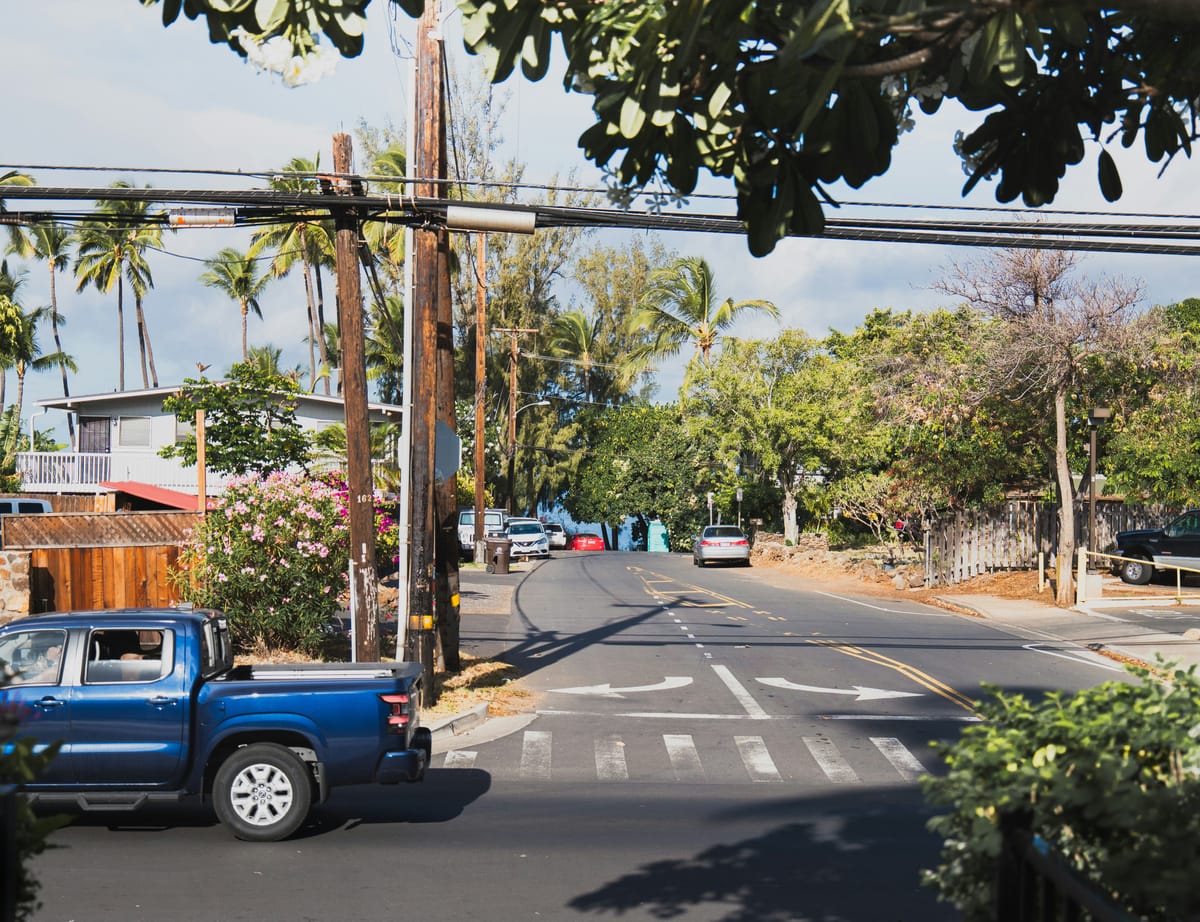Honua Ola Sues Hawaiian Electric Over Alleged Energy Monopoly

HILO, H.I. — Honua Ola Bioenergy has filed a lawsuit against Hawaiian Electric, accusing the state’s largest utility of monopolistic practices that have prevented the renewable energy company from operating its biomass plant on Hawai‘i Island.
The suit, filed May 19 in the 1st District Court on O‘ahu, claims Hawaiian Electric used anticompetitive tactics to dominate the wholesale market for firm power generation—energy supplied by sources like biomass, fossil fuels, and geothermal.
Idle Plant, Active Dispute
Honua Ola, also known as Hu Honua in the court filing, owns a renewable energy plant in Pepe‘ekeo, which has remained non-operational. The company alleges Hawaiian Electric’s actions have kept the plant offline despite an urgent need for additional, independent energy capacity on the Big Island.
“That plant sits idle today because of HECO’s conduct,” the lawsuit states, adding that the island is facing growing risks of blackouts and power interruptions due to the utility’s “high-handed, monopolistic dominance.”
Hu Honua is asking for a jury trial and is seeking relief from what it describes as unlawful behavior that restricts competition and harms the energy market.
Hawaiian Electric Pushes Back
Hawaiian Electric denied the accusations in a public statement, citing a long history of engagement with Hu Honua. The utility said it signed a contract to purchase electricity from the biomass plant, but the deal was contingent on regulatory approval.
“That contract was rejected by the [Public Utilities Commission], which cited the increased cost to customers and elevated greenhouse gas emissions,” the company said. “Hu Honua appealed to the Hawai‘i Supreme Court, which reached the same conclusion in 2023.”
A request for comment from Honua Ola on Wednesday was not returned.
Agreement Breakdown and Legal History
Hawaiian Electric originally entered into a power purchase agreement with Hu Honua in 2012, promoting the deal as a step toward reducing fossil fuel use and increasing renewable energy. The Pepe‘ekeo facility was designed to burn locally sourced eucalyptus and invasive plant species to generate power.
The plant also promised to provide over 150 jobs in the Hilo area.
But Hawaiian Electric later terminated the agreement, citing missed contractual milestones. Hu Honua claims the termination was a strategic move to suppress competition and boost long-term profits by limiting independent energy sources.
“Terminating the Power Purchase Agreement was a competitively irrational act,” the lawsuit argues, stating it compromised energy reliability on the island.
Hu Honua previously filed claims in 2016, including antitrust and unfair competition allegations. Those claims were dismissed by the Hawai‘i Supreme Court.
Ongoing Reliability Concerns
According to the new lawsuit, Hawaiian Electric’s energy reserve margin has fallen below target levels. This shortfall has allegedly led to multiple rolling blackouts in early 2024, affecting thousands of residents on Hawai‘i Island.
“The failure of supply to meet customer demand is a hallmark of a monopolized market,” the lawsuit states, blaming the outages on reduced competition and a lack of firm power generation.
Hawaiian Electric currently serves 95% of Hawaii’s population, including over 88,000 customers on the Big Island. The case highlights growing tensions over how the state manages its shift toward renewable energy.
